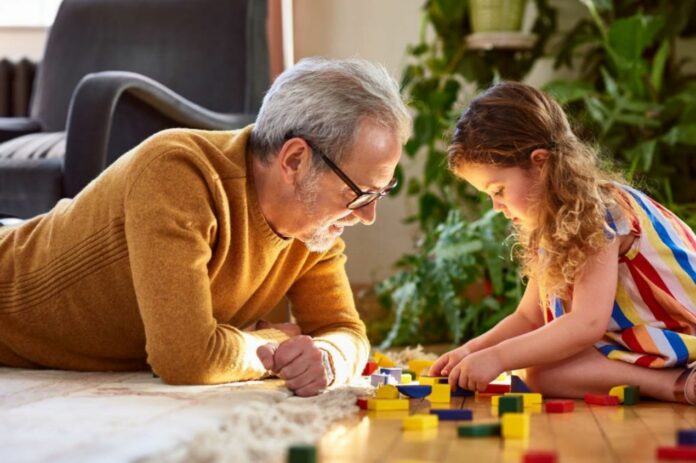People with mild cognitive loss who were given puzzles showed improved everyday functioning and reduced brain shrinkage, according to a new study.
A new study by researchers at Columbia University and Duke University and published in the journal NEJM Evidence says that doing crossword puzzles is better for memory in older adults with mild cognitive impairment than playing video games on a computer.
Researchers found that participants (average age 71) who were trained to complete online crossword puzzles showed greater cognitive improvement than those who were trained to play cognitive video games in a randomized, controlled trial led by D.P. Devanand, MD, professor of psychiatry and neurology at Columbia, and Murali Doraiswamy, MD, professor of psychiatry and medicine at Duke.
According to Dr. Devanand, “this is the first study to document both short-term and longer-term benefits for home-based crossword puzzles training compared to another intervention.”
And the findings are “important in light of difficulty in showing improvement with interventions in mild cognitive impairment.”
Despite being popular, crossword puzzles have not been thoroughly researched in moderate cognitive impairment, which is linked to a high risk of dementia, including Alzheimer’s disease.
Researchers from Columbia and Duke randomly allocated 107 people with mild cognitive impairment (MCI) at the two distinct sites to either crossword puzzles training or cognitive games training, with rigorous instruction lasting 12 weeks and booster sessions lasting up to 78 weeks.
Both interventions were carried out using a computerized platform, and compliance was checked every week.
The trial’s most notable conclusions were:
- On the main cognitive outcome measure, ADAS-Cog, crossword puzzles outperformed cognitive games at both 12 weeks and 78 weeks. At 78 weeks, crossword puzzles outperformed FAQ, a test of daily functioning.
- Participants at a later stage of the condition benefited more from crossword puzzles, although both types of training were equally helpful at an earlier stage.
- Crossword puzzles resulted in decreased brain atrophy (as shown by an MRI) after 78 weeks.
According to Dr. Devanand, the improvements were noticed not just in cognition but also in daily activities with evidence of brain shrinkage that suggests that the results are clinically important.
The study also shows how important it is to be involved. Based on remote electronic monitoring of how people used computers, people with more severe impairments may have been more interested in crossword puzzles than computerized cognitive games.
The trial’s two strengths are its 28% participation percentage of people from racial and ethnic minority groups and its low drop-out rate (15%) for such a long home-based trial. The lack of a control group that did not undergo cognitive training was a study limitation.
While these findings are encouraging, the authors emphasize the importance of replication in a larger controlled study with an inactive control group.
“The trifecta of improving cognition, function and neuroprotection is the Holy Grail for the field,” adds Dr. Doraiswamy. “Further research to scale brain training as a home-based digital therapeutic for delaying Alzheimer’s should be a priority for the field.”
Source: 10.1056/EVIDoa2200121
Image Credit: Getty
You were reading: People Who Play This Home-based Game Have Less Brain Shrinkage, Better Daily Functioning
